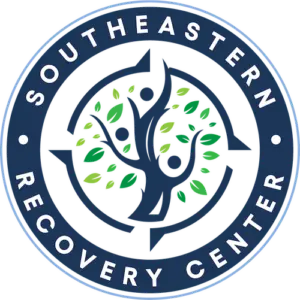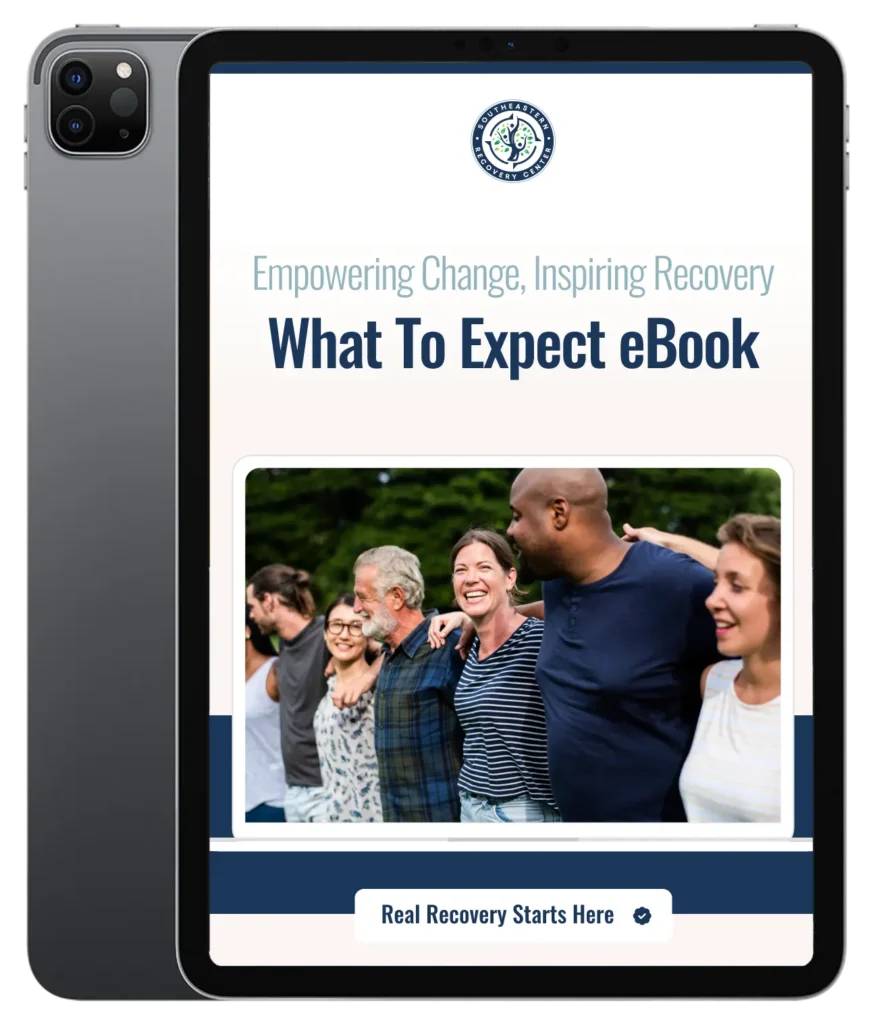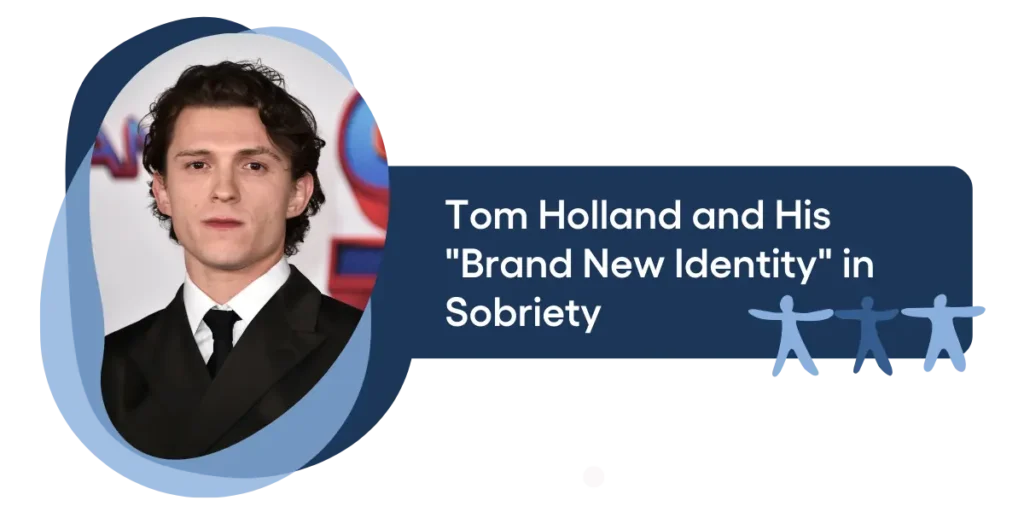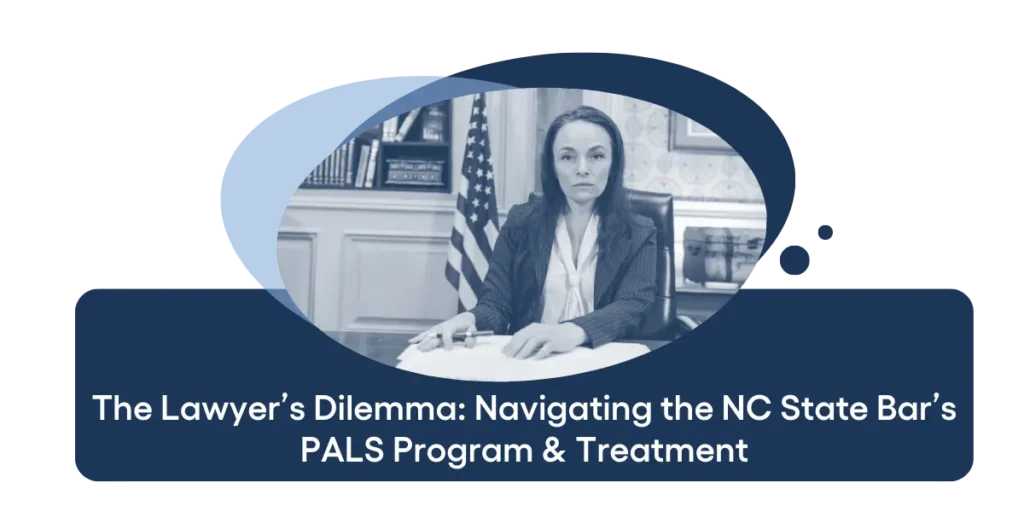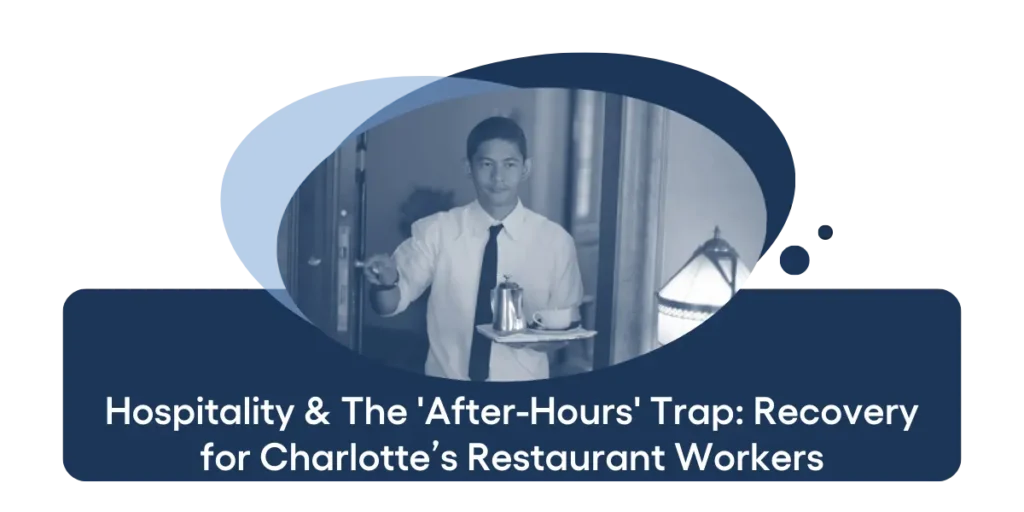Research shows that ADHD patients treated with stimulant medications experience a 60% reduction in substance abuse disorders.
Managing both attention deficit hyperactivity disorder (ADHD) and addiction can be challenging, but there’s growing interest in whether ADHD medications might actually help people who are struggling with both conditions. ADHD, known for its symptoms like inattention, hyperactivity, and impulsivity, has a surprising connection with addiction. People with ADHD are more likely to develop substance use disorders (SUDs), and this raises a key question: can treating ADHD with medication also help treat addiction?
Let’s take a closer look at this topic to explore how ADHD medications may play a role in addiction treatment, how these medications work, the pros and cons, and what the latest research says about their potential benefits.
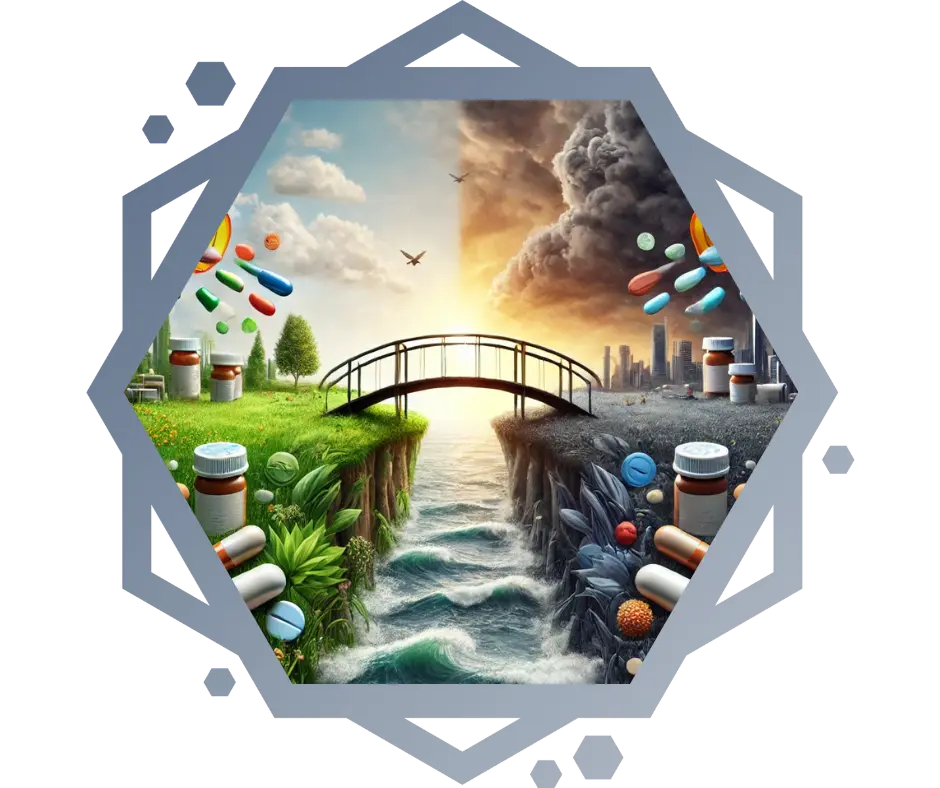
The Link Between ADHD and Addiction
One of the most important things to understand is the strong link between ADHD and addiction. Research shows that people with ADHD are almost 2 to 3 times more likely to develop a substance use disorder compared to those without the condition (source). It’s not just a slight increase—it’s a significant risk.
Why is this the case? A big part of it comes down to impulse control. People with untreated ADHD often struggle to manage their impulses, which can lead to risky behaviors, including experimenting with drugs and alcohol.
Some may also self-medicate with substances like alcohol, marijuana, or even harder drugs to alleviate symptoms of ADHD, such as restlessness or difficulty concentrating.
Another factor is that ADHD can make recovery from addiction more difficult. People with ADHD who enter treatment for addiction often have a higher risk of relapse because the impulsivity and lack of focus associated with their condition make it harder to stick to the recovery plan. This highlights the importance of managing both conditions at the same time for better recovery outcomes.
How ADHD Medications Work
Before we get into how ADHD medications might help with addiction, it’s helpful to know how these medications work. ADHD meds come in two main categories: stimulants and non-stimulants.
- Stimulants (e.g., Adderall, Ritalin, Vyvanse): These are the most commonly prescribed medications for ADHD and work by boosting levels of dopamine and norepinephrine—two chemicals that are key for regulating attention and motivation. Because these neurotransmitters are linked to the brain’s reward system, stimulants can help improve focus and impulse control.
- Non-stimulants (e.g., Strattera, Intuniv): These are often prescribed to people who can’t tolerate stimulants or have a history of substance abuse. Non-stimulants work differently by affecting norepinephrine levels without the same quick, intense effects as stimulants. They are slower-acting but can still help manage ADHD symptoms effectively.
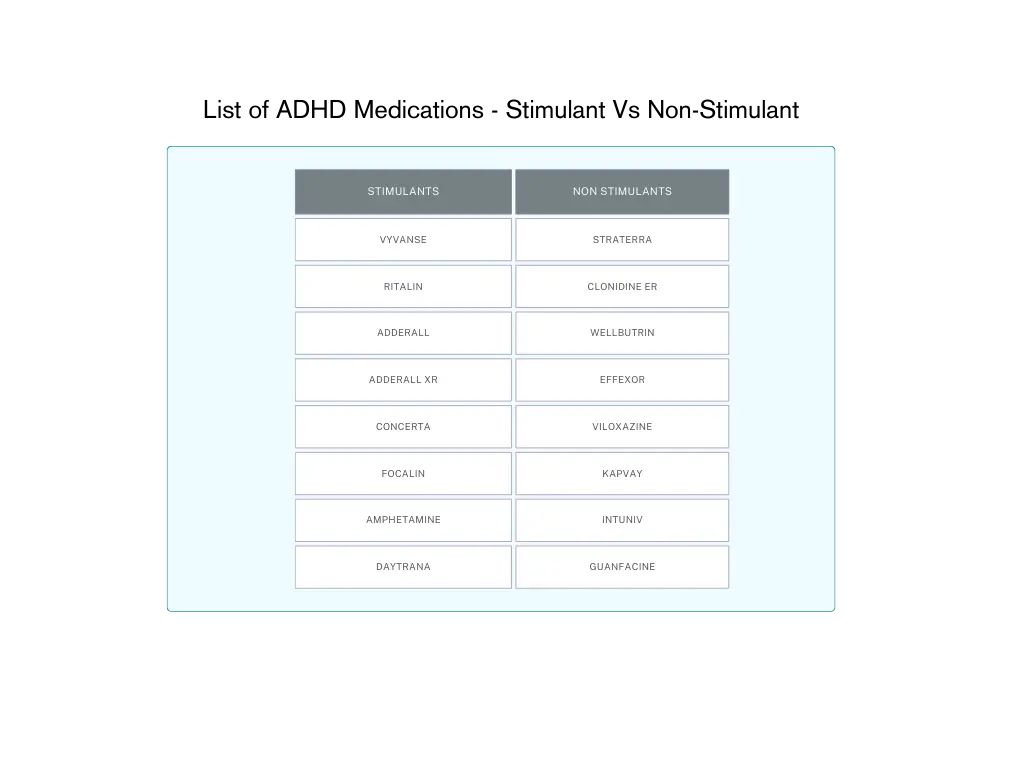
Both types of ADHD medications aim to improve attention, focus, and impulse control, but they do so in different ways.
Can ADHD Medication Help with Addiction?
Now, the big question: can ADHD medication help with addiction? The answer is—it depends. Some studies suggest that proper ADHD treatment, including medication, can reduce the risk of developing substance use problems.
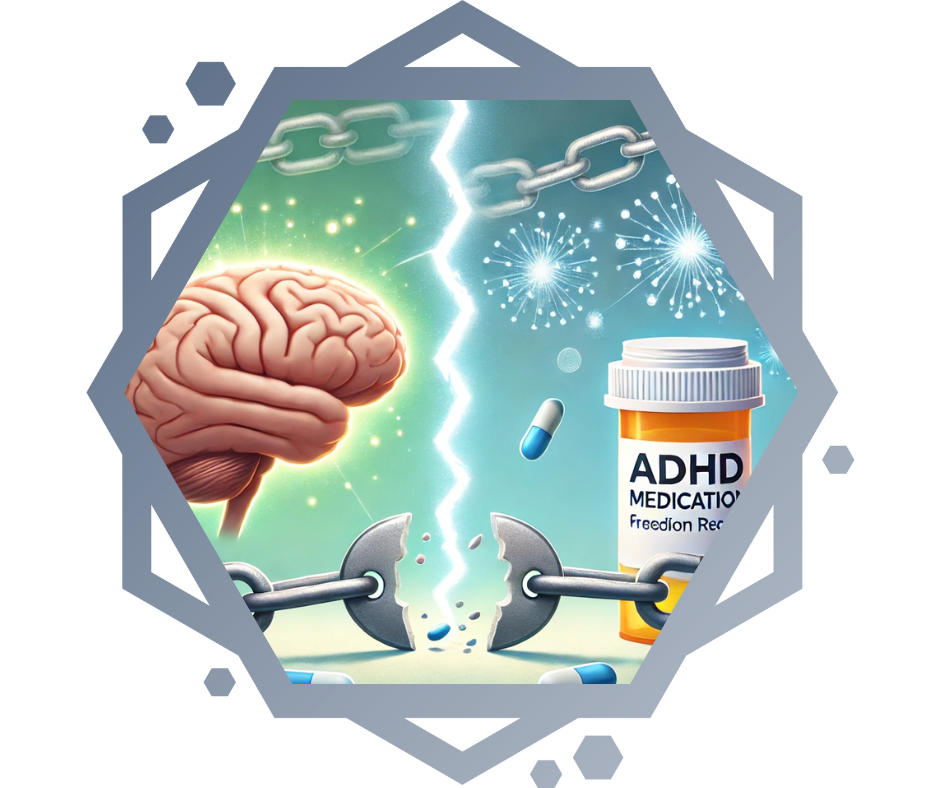
Some studies caution that some ADHD medications, especially stimulants, have a potential for abuse, which could be risky for people with addiction issues.
Stimulant Medications and Addiction
Surprisingly, when stimulant medications are taken as prescribed, they may actually reduce the risk of developing addiction problems. For example, a study published in the American Journal of Psychiatry found that teenagers with ADHD who were treated with stimulant medications were 35% less likely to develop substance abuse disorders later on (source). This is because proper treatment helps reduce impulsive behaviors that can lead to risky actions, like substance use.
However, there’s a flip side to this. Some people misuse ADHD medications, especially stimulants, for their euphoric effects or to enhance performance. In fact, a 2017 survey by the Substance Abuse and Mental Health Services Administration (SAMHSA) showed that about 5.1 million people aged 12 and older had misused prescription stimulants.
These statistics show why it is important for careful monitoring when prescribing stimulants to people with a history of substance use.
Non-Stimulant Medications and Addiction
Non-stimulant medications, like Strattera, might be a better option for people with a history of addiction. Since they don’t have the same potential for abuse as stimulants, non-stimulants are often considered safer for those who are recovering from addiction or at high risk of developing substance use problems.
According to a study in the Journal of Clinical Psychiatry, non-stimulant ADHD medications were linked to a lower risk of relapse in people with substance use disorders compared to stimulants. While non-stimulants take longer to work, they are often preferred in recovery settings to minimize the risk of triggering addictive behaviors.
ADHD Medications in Addiction Recovery Programs
In many addiction recovery programs, treating ADHD is recognized as a critical part of the overall treatment plan, especially when ADHD and substance use disorders coexist. By managing ADHD symptoms, individuals can improve their focus and impulse control, which are essential for staying sober.
Managing Withdrawal Symptoms
For individuals going through withdrawal, ADHD medications can help manage some of the cognitive symptoms, such as trouble focusing or low motivation, that are often experienced during early recovery. A 2019 study in the Journal of Substance Abuse Treatment found that ADHD medications improved outcomes for people recovering from stimulant use disorders, like methamphetamine and cocaine.
Promoting Long-Term Sobriety
One of the key benefits of ADHD medication is its potential to reduce relapse rates. Research suggests that people who receive ADHD treatment during addiction recovery are 50% less likely to relapse within the first year of recovery compared to those who don’t receive ADHD treatment.
Improving attention and impulse control through medication can help individuals stay on track with their sobriety goals.
The Risks of ADHD Medication in Addiction Treatment
While there are clear benefits to using ADHD medications in treating addiction, there are also some risks. Stimulant medications, in particular, have the potential for abuse, especially in people with a history of substance use disorders. Misusing stimulants can lead to a high, which can quickly spiral into a pattern of addiction.
- Close Monitoring: Healthcare providers closely monitor patients who are prescribed stimulant medications to ensure they are used appropriately.
- Non-Stimulant Alternatives: Non-stimulant medications are often recommended for individuals with a history of addiction, as they have a lower risk of abuse.
- Integrated Treatment: Combining ADHD medication with behavioral therapies, such as cognitive-behavioral therapy (CBT), helps address both ADHD symptoms and the underlying issues related to addiction.
Can ADHD Medications Help with Addiction?
ADHD medications, when used correctly, can be a powerful tool in helping people manage both ADHD and addiction. Stimulant medications can help reduce impulsive behaviors that lead to substance abuse, but they need to be used carefully, especially in individuals with a history of addiction. Non-stimulant medications offer a safer alternative, with fewer risks of misuse, making them ideal for people in recovery.
Ultimately, managing ADHD alongside addiction requires a comprehensive treatment approach. It’s not just about taking medication—it’s about combining medication with behavioral therapy, support systems, and regular medical monitoring. When both ADHD and addiction are addressed together, the chances of long-term recovery improve significantly.
If you are considering ADHD medication as part of addiction treatment, reach out to Southeastern Recovery Center and speak with our experienced staff. We can help you determine if this is a possible course of action for you or help you with a personally tailored treatment plan to overcome addiction.
